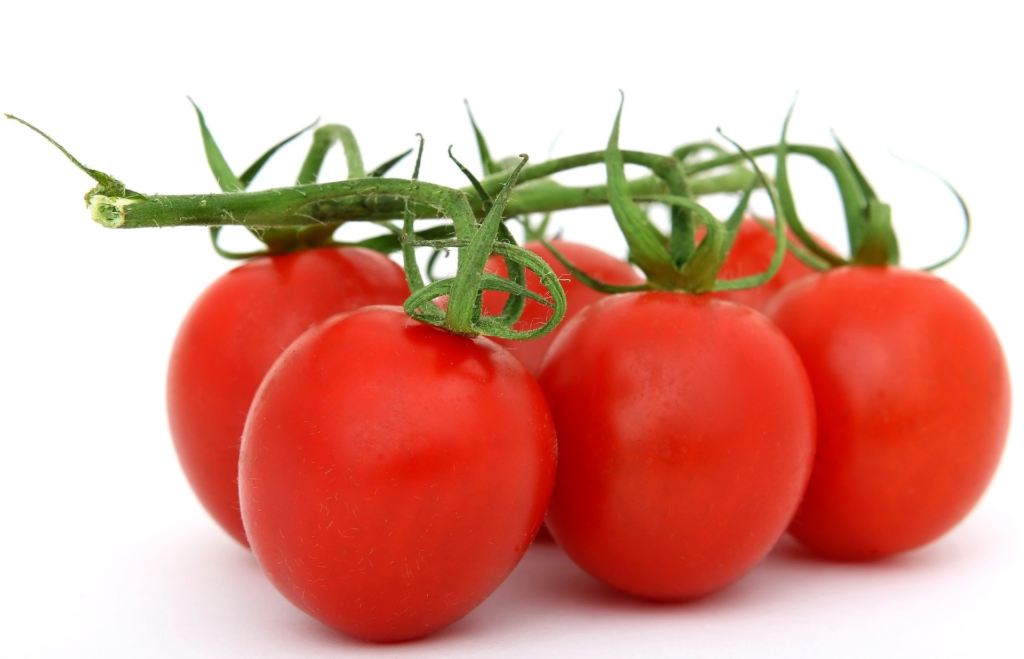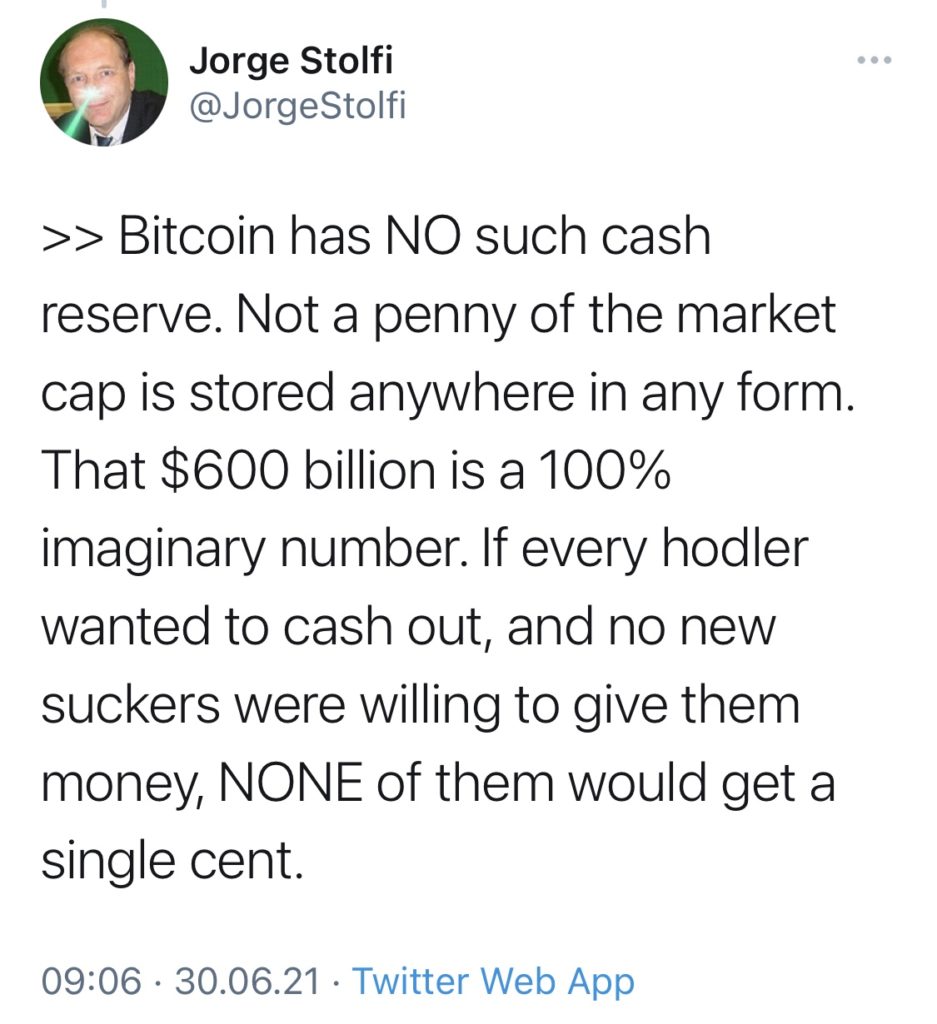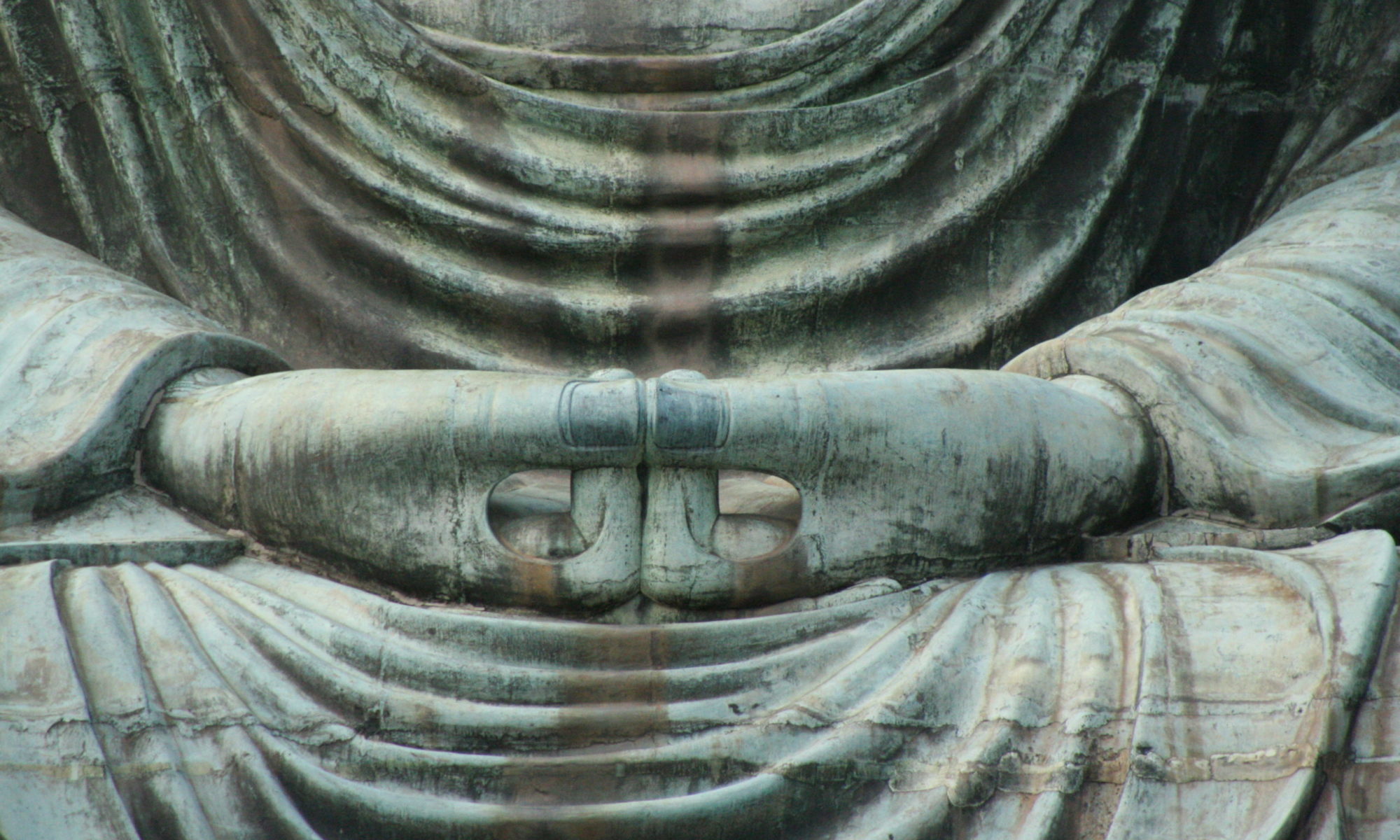
This seems to be one of the sources of misunderstanding, from nocoiners (the honest ones at least).
“If you buy Bitcoin, you have nothing to show, except Bitcoin. And Bitcoin’s only use is being sold back for real money.”
For example, this tweet:

Unlike when you buy a tomato which you can eat or transform or resell, you can’t eat Bitcoin, nor make sauce with it. So, it seems you would *only* buy it to resell it.
But Bitcoin is not a tomato, nor is it gold, even. It is unique because it is its own category.
Compare it with the Swiss Franc. It has no actual use in the US, yet it is valuable and useful every day in Switzerland. Most people don’t *buy* CHF, they get it as payment from doing business or as salary for example.
But some US people do, for traveling in Switzerland.
CHF becomes for them a commodity, a product they buy with their US$. Like a tomato. Which they will later use as money.
It’s not forex trading. Nor speculation. It’s definitely not a Ponzi.
When they come back home they will sell them back for US$.
Still not forex trading.
The mechanism is exactly the same as forex trading. Which is for profit only, but the context is different.
If the exchange rate is lower when they return, they didn’t “make a bad bet”, neither was it a “good investment” if the rate is higher.
Some traders *are* speculating on forex. For them, the goal is to make a profit.
But their business doesn’t necessarily imply that *all* currency exchange is only for profit speculation.
“But CHF can be used to buy stuff! Bitcoin can’t!”
As I said, Bitcoin is its own category. Money is only one part of it. To take another angle, it is also comparable to gold.
There is gold speculation and trading, but also many people around the world are using gold for saving.
And not many people buy food or make their own jewelry or cables with bank-bought 10 grams ingots…
When you “buy” Bitcoin, you are not buying the representation of something else, you are exchanging one source of value (eg US$) into another. You have something to show for it.
Bitcoin *is* the product, and the cash, and the real estate. Bitcoin *is* the value.
Some places on Earth still use salt as money and store of value. Salt in my cupboard isn’t money, yet it *does* represent the cash spent to buy it.
Like in thermodynamics, value is transformed.
Going back to the tomato. When the sun’s energy & rain water transform into tomato flesh, they don’t exist separately anymore, but the tomato wouldn’t exist without them. The farmer who harvested it spent time and effort. They also transformed.
The end product has a value.
We can’t say the tomato merchant is a speculator, or a scammer, or a gambler. Their business is to sell tomatoes to others for a profit yet it’s not a Ponzi. And the buyers are not considered scam victims.
Merchants are not Ponzi scammers. Neither are savers. Nor speculators.
“Yes but the end-user can eat it! No one can eat Bitcoin!”
Sure, but the merchant didn’t eat anything. They merely bought to resell.
“Yes but they bought a real thing, not thin air like Bitcoin!”
Actually, they bought sunshine, water, time, and labor (+ farmer’s profit).
The value of the tomato is not the original seed. Are any of these elements still visible? Yet they transformed into that transmissible item and its value.
The merchant doesn’t need sunshine and the end-user doesn’t want water.
This tomato is not a Ponzi. Neither is Bitcoin.
As for the “everyone cashing out” argument, it can of course be applied to fractional reserve banking at the mercy of a bank run. If 20% of the money in the bank was requested to be withdrawn by their customers the system would collapse.
But it’s even simpler than that:
If no one wants to eat tomatoes suddenly, there will be some people invested in the tomato business (producers, merchants…) who would lose money. Maybe go bankrupt. Tomatoes are still not a Ponzi.
And as for the “$600 B is a 100% imaginary number”.
2019 world tomato production was 37.38 million mT.
How can we calculate the total value of this business? Should we use market price at sale, or price of seeds + sunshine + water + work-hours?
Say $600 B entered this tomato market, merchants would obviously not keep the US$ in cash as collateral, but instead would pay their bills & expenses.
US$ value has been *transformed* into tomato value.
Does it mean “tomatoes have no value because there is no collateral cash”?
To sum up, many nocoiners are dishonest trolls, but it seems some are genuinely confused by the unique nature of Bitcoin.
You may dislike speculation, its dematerialized nature, and ignore people who suffer from hyperinflation, but it’s still transformed value, not a Ponzi.
